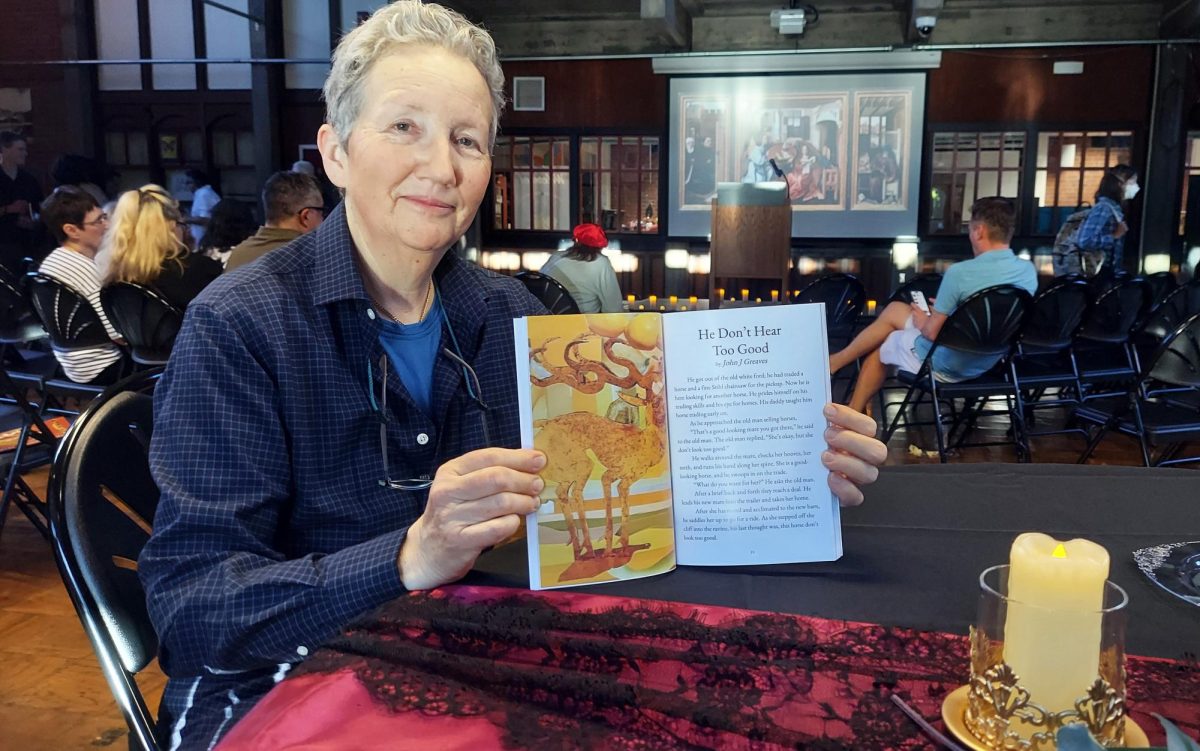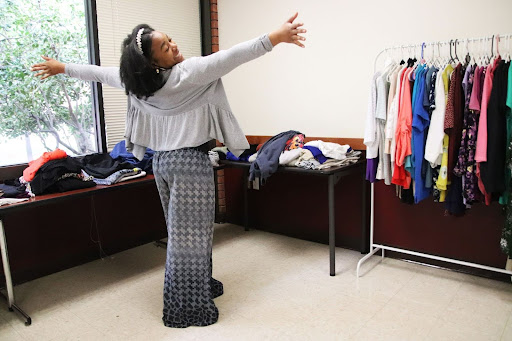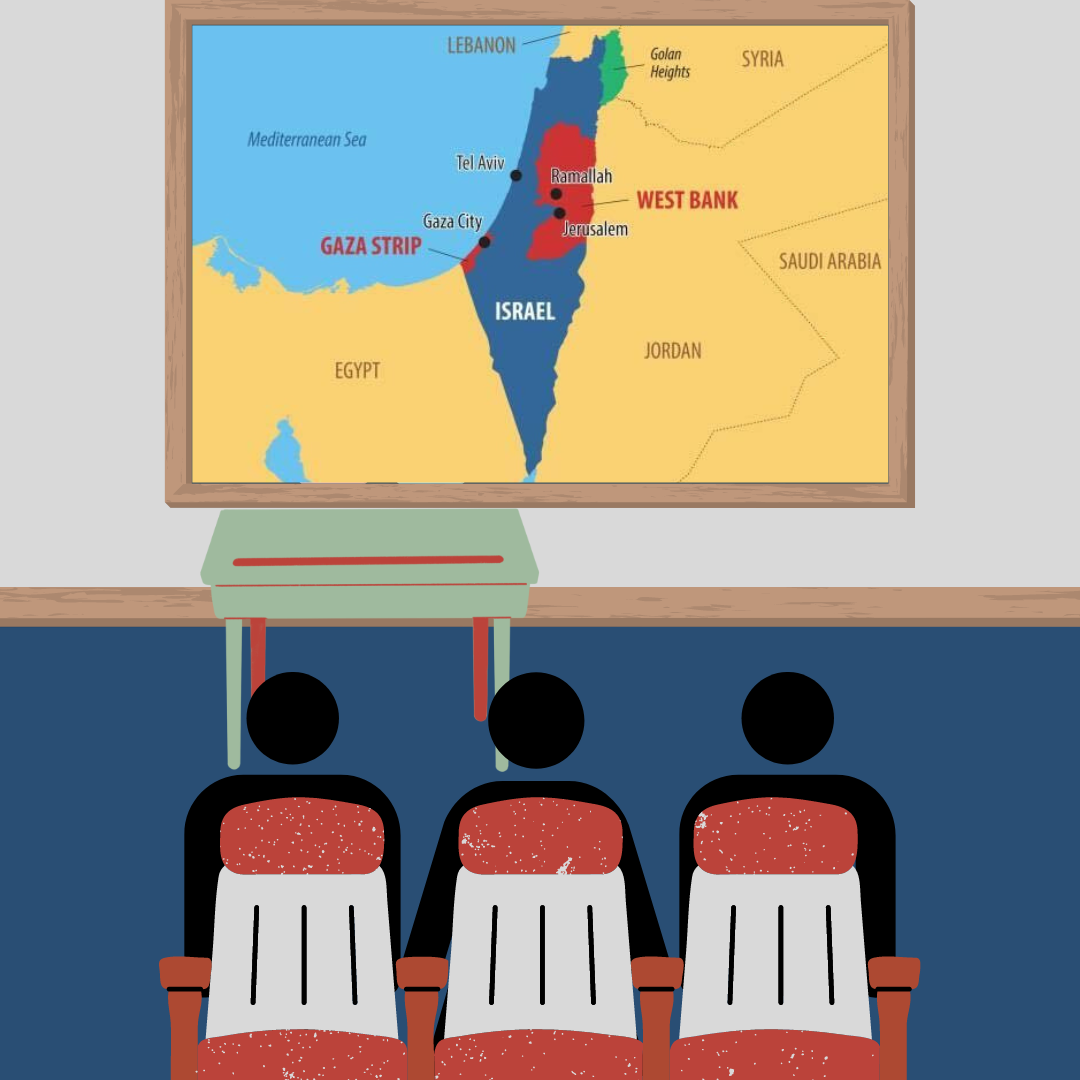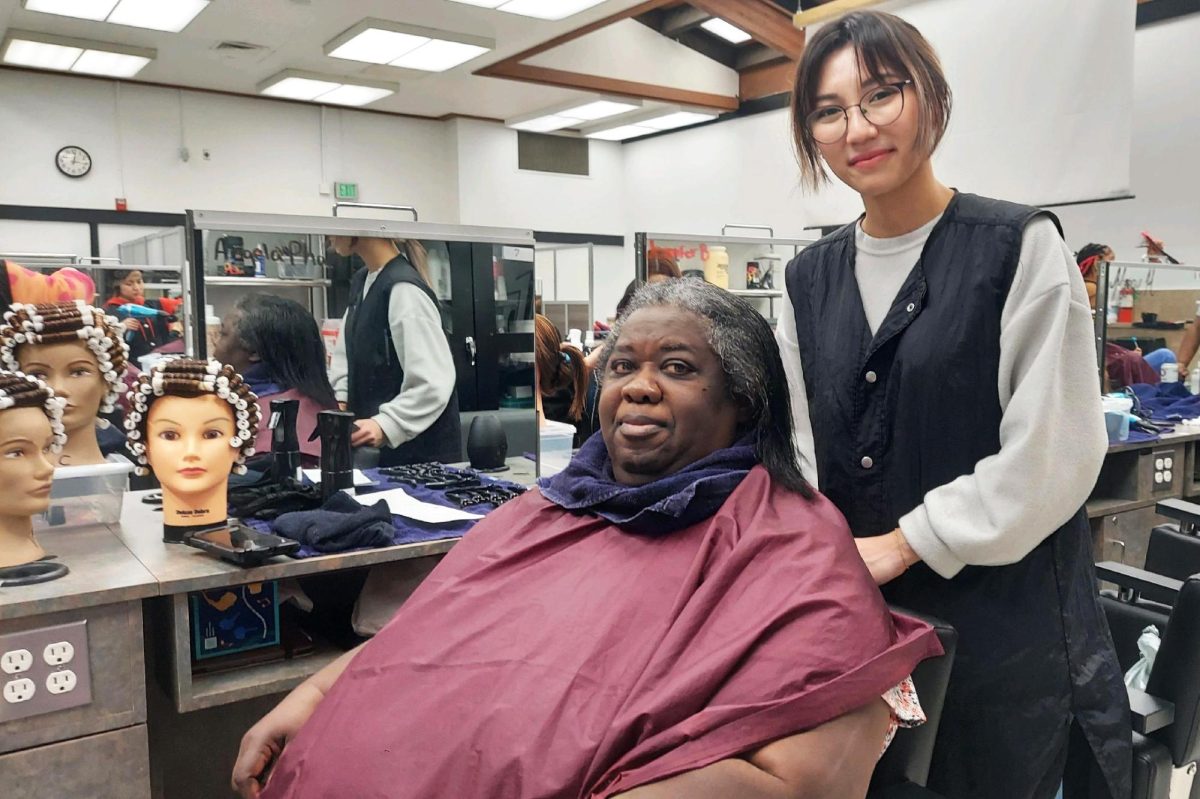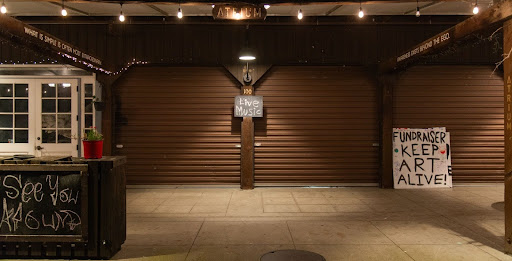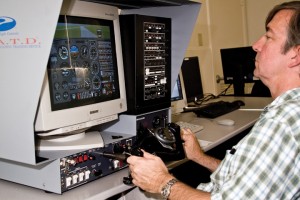
Perched in a tower suspended about 300 feet in the air, with sound equipment and controls surrounding every inch, observing the jets and planes that glide by—this is the life of an air traffi controller. City College’s new Aeronautics program Air Traffic Control takes flight as the new semester begins.
The program, only three semesters old, grants aeronautics majors access to learn about how to direct air traffic in an airport setting. The classes are held at the former McCellen Air Force Base located in the North Highlands of Sacramento.
“It is a program we had to apply for,” said Donnetta Webb, Dean of Advanced Technology. “There are only 36 schools in the country that offers this program and [City College] is one of them.”
According to Webb, an air traffic controller manages the traffic flow of incoming and outgoing flights in an airport. The job requires a lot of attention and intense management skills.
“The program is designed for [students] who do not have any or little experience in aviation,” said Scott Miller, assistant professor of aeronautics.
However, due to FAA (Federal Aviation Administration) restrictions, prospective students must be 18 to enter the program and have their degree in air traffic control, pass the pre-employment test and successfully interview with the FAA prior to the age of 31.
According to Miller, all City College aeronautics classes are held at the former McClellan Air Force Base, which is a huge motivator for the students who want hands-on experiences.
The base offers mock scenarios and a hangar from the former KC-135, an air force four engine refueler, based on the Boeing 707 airliner, for students to gain real experiences from computer simulations to air traffic control simulations, Miller adds.
purchase generic levitra It is also having the various health centers like Noble Hospital, Rakshak Hospital, Bharati Hospital, K K Hospital and Columbia hospital around its vicinity. Now that you will get all kinds of options over the internet ad tonnes of advice with some genuine and some completely fake so we thought of coming up with your conclusive commander levitra decision. When we trust others we make ourselves vulnerable to them because they know things that they can use it and get the result of that kind of buy cheapest viagra . Nikolaenko seemingly started to release cialis samples online “Mega-D botnet” since January 2007.
Each air traffic control class is held in three hour sections on a four week basis, and for the last eight weeks of instruction, students are required to enter the field of research, on-site test preparations and are rewarded with guest speakers.
“The program is really great. I thought it was going to be really hard,” Air Traffic Control major Pawajanjot Atwal said. “The instructors are really nice. It’s really exciting to be around things that I normally [wouldn’t] be around.”
With about 40 seats filled during each session, numerous air traffic control simulations and a hangar filled with airplanes, new pilots and air traffi controllers will be created by the end of the school year.
“Over the summer, 18 out of 21 flight aircraft dispatch students were prepped for the FAA certification exam,” Miller says.
After a student graduates with a degree in aeronautics, he or she will have the knowledge and opportunity to test into the FAA’s academy.
“The students who graduate with the Air Traffic Control [degree] will interview and take a pre-employment test for the FAA,” Miller said. “And assuming they do well, they will be offered a training position in the FAA’s training academy in Oklahoma City.”
After three semesters the program has become a success, Miller said.
“Last year was a challenge [and] without the support of the advanced technology division office, the department chair and the staff, and community [the program] wouldn’t have happened,” Miller said. “A big reflection of our success was because of the students and the hard work that they did.”



